Sustainable Menstruation India - a facebook group with 21k + members has been the support group for women to move to eco-friendly options of period care. I joined the group when it was less than 2000 members - why create another when one exists. Veena Rajappa, Claire Rao, Dr Meenakshi Bharat, Shilpi Sahu and I were first few who got together and started promoting it - a media mention by us in early day added 3000 women on a single day! We got a shot in the arm when Sindhu , Smita, and Priyanka Jain joined and Green the Red was formed. We continued using this Facebook group to send women for more information and hundreds of nameless women like us continued to answer questions of newbies there. This is the group where i have personally answered thousands of questions and gained knowledge to launch Stonesoup Wings - first stemless cup in the world. And on April 18th, the admin we didn’t know, decided to shut down the group! No discussion, a unilateral decision. We have decided to open Stonesoup Support to all women - women who use our cups or not. Sustainable Menstruation Support by Stonesoup https://www.
And we asked Dr Meenakshi Bharath, a leading gynecologist, a green soul and our co sustainable menstruation campaigner to answer the questions Preethi has raised. Dr Meenakshi's response is enclosed.

Dear Preethi Sukumaran
I am Dr Meenakshi Bharath. I am a gynaecologist and have been an allopathic doctor for the last 35 yrs.
Congrats to you for starting the SMI group in 2014- and spreading the message about sustainable products for menstruation. This has helped a lot of people understand it and make healthier and more sustainable choices.
I am one of those who believes that cloth pads are good and easy to use-just like you. It has been used for hundreds of years but the only reason the cloth pads got a bad name was because it was being dried in the damp confines of the bathroom and not in the sunlight. The cloth pads have undergone a transformation down the years and have overcome the disadvantages that it faced in the yesteryears. Information about drying the cloth pads in the sun has been given to the entire cloth pad user community; these cloth pads are a great option for young menstruators, unmarried women, women after a normal delivery and others who are less adventurous.
But then I am also of the opinion that the menstrual cup that is now available is a great option for women who are adults, who are sexually active-married or otherwise, and even some younger women who have made the choice to use this for their menstrual hygiene.
I am as already stated, an Allopath and have not studied any of the traditional Indian forms of medicine, Ayurveda, Siddha, Homeopathy, Naturopathy etc-though I am a follower of some of the practices personally.
From my experience of 3 decades of gynaecology and especially since menstruation comes directly under this discipline- I would like to give my thoughts on some of the statements that you have made.
1. “Altered lower blood flow levels” – Pads soak blood across a large surface area and they make it seem like there is a large amount of blood each period. Whereas, only about 60-80 ml is normally lost per period and this is only equivalent to 4-6 tablespoons full of blood-not much. This is exactly what you see more clearly with the menstrual cup. Also the period becomes shorter–as the last day of spotting need not happen. The blood collects in the cup and none is stuck to the vagina to come out later as brownish spotting.
2. “Some suffered from leaks” –leaking of blood from the menstrual cup happens –if the cup has not opened properly or if the cup slips. Leaking happens with cloth pads also if we do not change it often enough. So that is not only a cup phenomenon. This is also something that users overcome once they have learnt the technique of inserting and removing the cup properly. Like with any other new device, there is a learning curve.
3. “Infection is always the bugbear quoted against sustainable practices” - This idea has been used by the disposable pad proponents to promote their products and dissuade us from using sustainable products. The cloth pad if washed properly –like we wash our clothes –and then hung out in the sun gets disinfected hygienically. Direct sunlight is one of the best natural disinfectants available freely to all. And on the other hand, a lot of users of menstrual cups have said that their vaginal infections and irritations have reduced on using the menstrual cup which is made of inert material –medical grade silicone. This material leaves your natural vaginal environment intact instead of absorbing any and all liquids like tampons do.
Also the scare of the Toxic Shock syndrome has been unnecessarily hyped. TSS affects about 1 in a 1,00,000 women, with a significant number of these cases not even being associated with menstrual products. Those that are associated, often come from using a super absorbent tampon for too long. Cases associated with the use of the menstrual cup are not even a measurable statistic yet (Too few cases to give an appropriate metric). Thus as long as you, the menstrual cup user, removes the cup at least once in 12 hrs-washes it and wears it again then the chances of TSS in minimised further. Infection is kept at bay mostly by maintaining good hand hygiene. Remember that the chance of a fatal road accident is 17/1,00,000, 17 times more than TSS and none of us have stopped travelling on the road.
4. “Insertion of a blood collecting device which minutely alters the free flow of menstrual blood –could potentially dry out the delicate vaginal muscle and also subtly alter the strength of the action of the uterus as it pumps out blood” - The menstrual cup inserted into the vaginal canal –just acts as a receptacle for the blood flowing out of the uterus through the cervix into vagina into the cup. It does not change the vagina in any way-actually the menstrual cup helps to retain the vaginal fluid maintaining the wetness of the vaginal mucosa (the vaginal muscles do not get affected by any product we use) unlike the tampon which dries the vaginal mucosa out along with absorbing the menstrual fluid. The cup even performs better on this scale than the disposable pad – which dries out your vulva, causing irritation that can be avoided with the cup. It does not in any way alter the uterine muscular strength. The uterus sheds the endometrium at the end of the menstrual cycle when the hormonal support is lost. Along with this tissue, there is a little blood -this is a passive procedure –not because the uterus pumps the blood out.
Also the cervix –the mouth of the uterus does not allow the blood to flow back to the uterus when you are lying down-it is a one way passage from inside the uterus to the vagina through the cervix. Thus there is no worry that the blood collected in the cup will flow back into the uterus when you are lying down.
Menstrual cup is made of medical grade silicone material which is inert and has been used for ever so many medical devices-from urinary catheters to cardiac stents to intravenous devices–these are all inserted into the body and have not done any harm because of their material makeup over many years.
As for your worry about the free flow of Apana vayu being obstructed by the menstrual cup- it is wrong. Even normally, menstrual blood collects in the vaginal canal and then only trickles out of it. So the cup (inert material) collecting blood in the canal is not different from the normal collection of blood that occurs there. This is in no way harming the woman’s health.
Also similar to the vagina holding the menstrual blood for a while, the bladder holds the urine 300-500ml–an excretory product with toxins for hours-before one passes urine. Similarly, the rectum that is behind the uterus and vagina holds the stools, an excretory product of the intestines, for more than 12 hrs before we pass stools. The menstrual blood does not hold any toxins. Thus one need not worry about the cup holding the blood for a few hours before it is removed cleaned and reinserted. The blood is unlikely to pick up any infection while the cup in is in the vagina for a short period of time.
As for polycyctic ovaries (PCOS/PCOD) this condition has been around for the last so many decades when the cup was not in use. It was only after Stein and Levinthal defined it in 1935 that we became conscious of it. It has become more evident in the recent past due to the increased levels of obesity in women, and this is another cause for infertility. It does not lead to endometriosis either. If anything the usage of the menstrual cup will result in improved comfort and health of women.
The menstrual cup has been in the market for the last 20-30 yrs –it is not a new product and millions of women around the world use it. Nothing adverse has been observed with the use of the silicone material. Remember all of us use silicone in so many things-from Baking to our watch straps-Fitbits.
Let me tell you about the benefits of the menstrual cup-
1. It is a no rash programme. One of the biggest problems that women face and face for over 5-7 yrs is the rash that pads cloth or disposable pads produce. 35 yrs x 12 months x 5 days =2100 days of our lives we have periods. That is why tampons became popular as women did not like to have anything between their legs that would give them rash.
2. Wearing the cup helps to reduce the white discharge that women suffer from as the cup does not irritate the vaginal mucosa.
3. You can pass urine or stools without needing to remove the menstrual cup –unlike the pads.
4. It is truly “wash and wear”-remove it, wash it and wear it.
5. The cup holds about 15-20 ml of liquid thus leading to less leakage over the same amount of time as pads.
6. One cup can last for many years -8-10 yrs- so no trash is produced. One cup weighs is about 15 gms of silicone. 5 cloth pads would last a woman about 2-4 yrs –while if you used disposable pads one would use about 180 in a year( 1800 in 10 yrs, equivalent to about 35 kgs of garbage)
7. Very economical –a menstrual cup approximately costs Rs1000 for 10 years , cloth pads would cost about Rs4000 for 10 yrs while disposable pads would cost Rs 15000.
8. Rain or water does not come in the way of using the menstrual cup, while cloth pads and disposable pads cannot be used in the rain or floods.
9. Freedom to do all activities –like swimming, running, dancing, cycling, trekking and everything else.
10. One can sleep in any direction –without worrying about staining.
11. Periods are now a private affair- if this bothers you, no one needs to know that you are having one-and one feels very clean.
12. Being such a practical and economic choice, it gives freedom to a lot of women regardless of their economic status in society. Imagine the freedom that women who do physical labour experience with the cup.
13. Many women have experienced a reduction in their abdominal cramps too. I’m sure this will be proven when enough studies are made.
Of course there is a learning curve. But, if everyone in India has learnt to use the mobile phone and a smart phone at that, then it is not a problem.
This is a NO RASH, NO TRASH, and NO CASH PROGRAMME
So Preethi I hope that your doubts have been cleared. I hope that you will change your opinion about menstrual cups and stop thinking that they are potentially dangerous and harmful. If you have not used the menstrual cup-please keep an open mind and give the menstrual cup a try, I feel that you are missing something highly beneficial to your health and comfort.
<This is a reply to the below message by Preethi on SMI fb group>
Preethi Sukumaran
Admin · 18 April at 00:03
CRITICAL: permanent closure of this group
Dear all,
I started this group to talk about and provide support for those wanting a cleaner and greener period in 2014. At that time, we had very few pad options and cups were non existent.
I was never a fan of cups , preferring to use cloth pads. The benefits of using a reusable option like cloth pads were immense, and I started reaching out and speaking and writing more about it.
As the interest around this movement grew, voices started to rise talking about how inconvenient cloth pads were in comparison to disposables and cups started to get promoted as a better option - not fuss, no mess, no washing / drying.
As my study and understanding of Ayurveda grew, my discomfort around cups grew. I sounded off these concerns with Ayurvedic practitioners, siddha experts, homeopaths, practicing naturopaths, etc.
I also began hearing from cup users who experienced concerns ( a small number). Some of them spoke about experiencing altered, lower blood flow levels. Some suffered from leaks. Some also developed certain infections conditions.
Infection is always the bugbear quoted against sustainable practices. Any remotely traditional practice like using a cloth pad is dubbed unhygienic. The entire movement of sustainable menstruation suffers due to the poor portrayal of the practice by disposable product promoters.
But hygiene is not the problem in the case of cups - not if we practice care.
The bigger problem I believe will come our way is due to the insertion of a blood collection device which minutely alters the free flow of menstrual blood, could potentially dry out delicate vaginal muscle and also subtly alters the strength of the action of the uterus as it pumps out blood.
Please note that we are speaking about subtle altering actions. We may not see the effects of this right away. But I am concerned that we would come to see some ill effects over time.
When I go through this group, I see the most excitement and happiness over cup conversion. Many of you have invested time, effort and research over cups. You have made it work for you. And then proceeded to convince others.
But this doesn't take away from the fact that I believe this practice is harmful and dangerous.
Now that I have concluded this, the options available to me are clear.
I cannot continue to nurture / promote/ support a platform that encourages a choice which I believe is harmful and potentially dangerous.
Therefore this group will be winding down. Transitioning to cloth pads is easy and a no-brainer. This requires minimal support Support is only needed in cups where there is now a large array of choices of brands, sizes, fits etc.
As an immediate step (within a day / two), we will begin by making this an archived group. In this format no new content or members can be added but existing members can go through the content.
I will begin the process of deleting members from May 1st onwards. I expect to be able to shut down this group in 2-3 weeks post this.
I would like to thank all the previous admins, members and every one who has contributed to this group and helping grow this movement.
I hope my intentions behind closing this group is well understood. To re-iterate, the cup movement has grown phenomenally based on groups and fora like this one. But it is clear from the first principles of good health as outlined by Ayurveda and Siddha that this practice is harmful in the long run. Specifically the free flow of apana vayu is vital to women's health and well being - when this is blocked by devives like cups, there is an increase in issues like PCOS / PCOD, infertility and on a smaller level bloating, cramps, etc.
With this information, I do not wish to support a forum which is now primarily devoted to menstrual cups.
Why this dramatic action of closing this group?
I sincerely believe that unless such dramatic action is taken, those using cups will NOT be able to understand the severity of the problems. Only such a dramatic action will make people think and re-consider this choice.
I feel that this dramatic action of closing this group will lead to people re-examining their cup choice - if by this even if one of you finds a positive improvement in your health and well being, I would be happy.
If you are a cup user: do take a moment to re-read what I have said with an open mind. Please consult an Ayurvedic vaidya to take a second opinion.
Cloth pads are a safe, time tested, reusable and are a truly green and environmentally sustainable option. There are no risks or issues associated with them. Please do think about this option.
My best wishes to everyone: I wish you continue to have a healthy and truly green period.
Thank you.
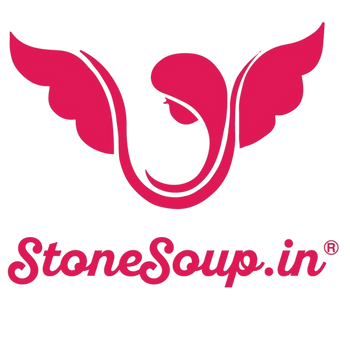
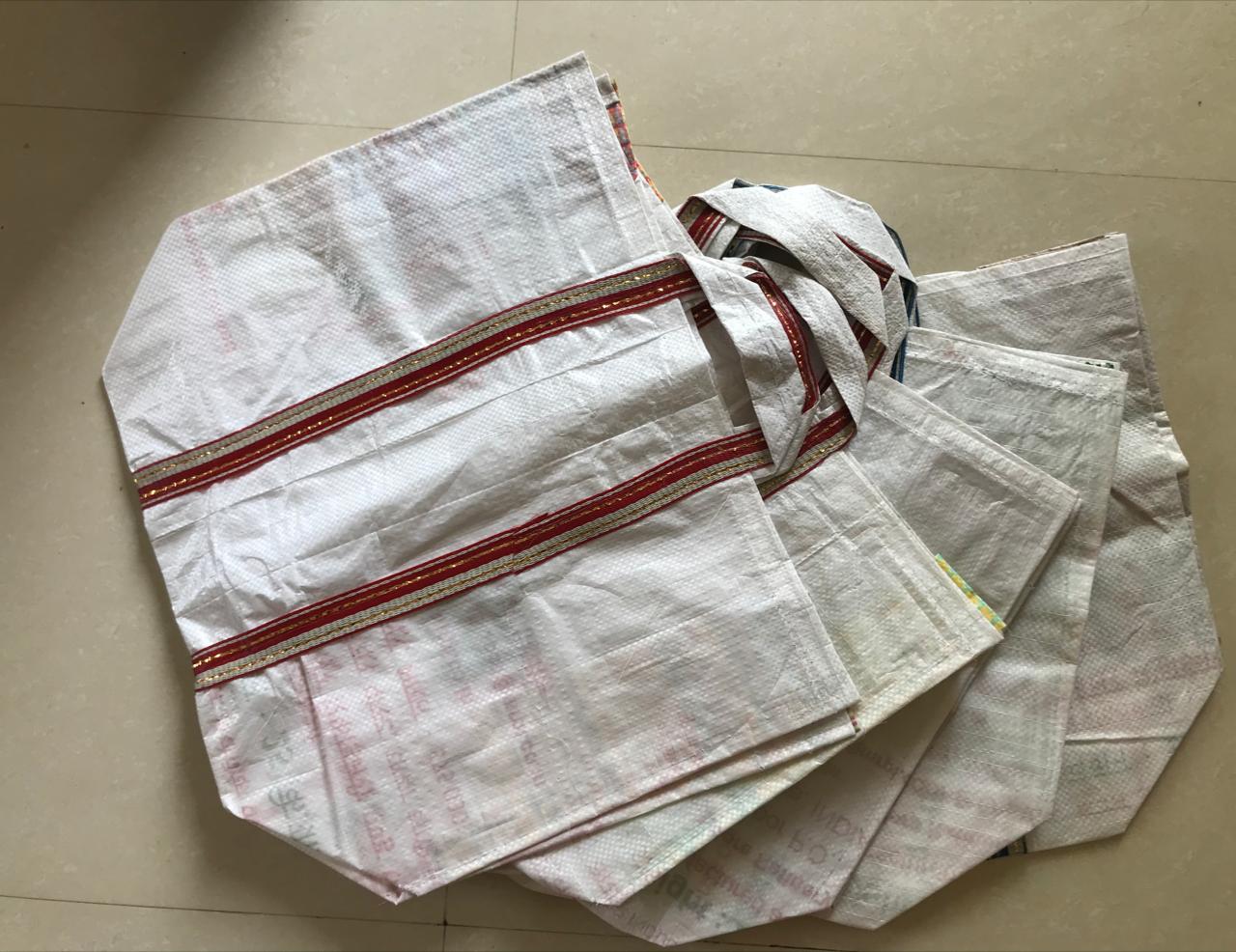
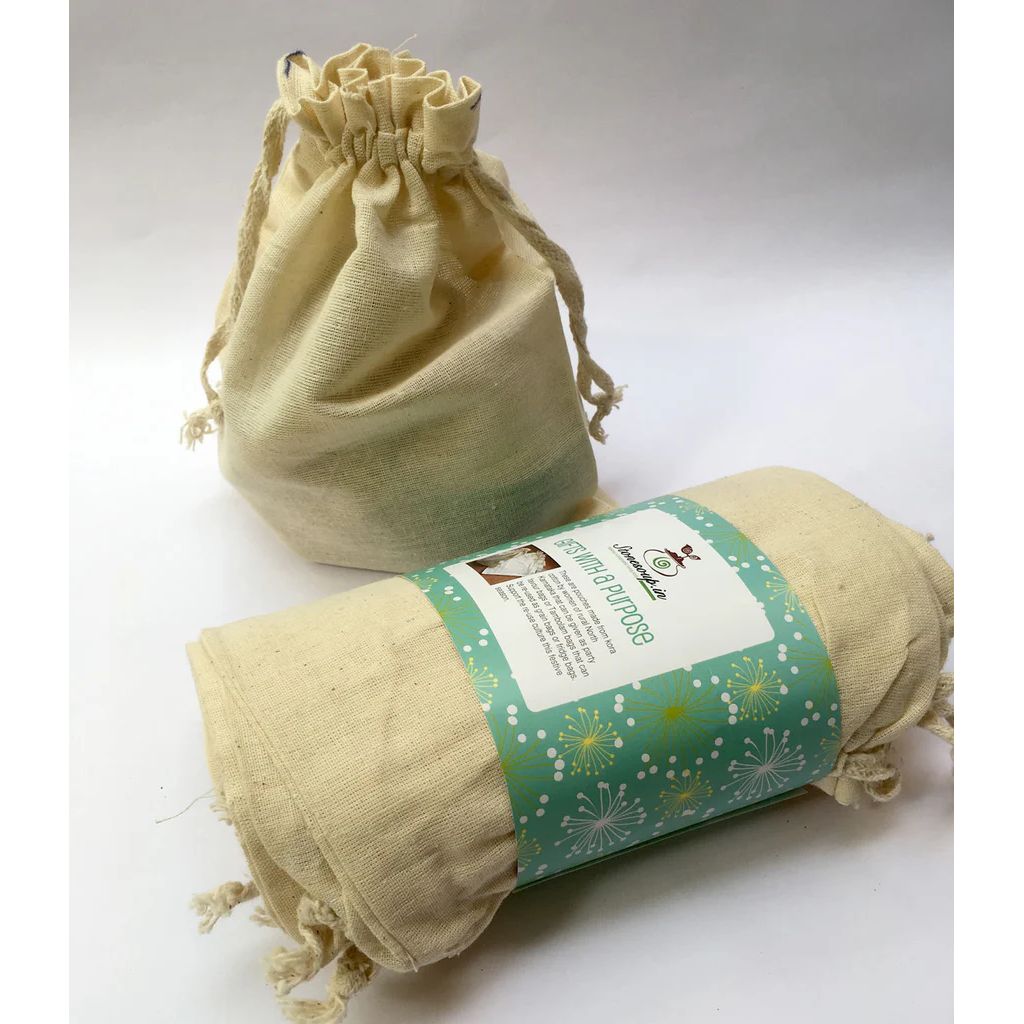
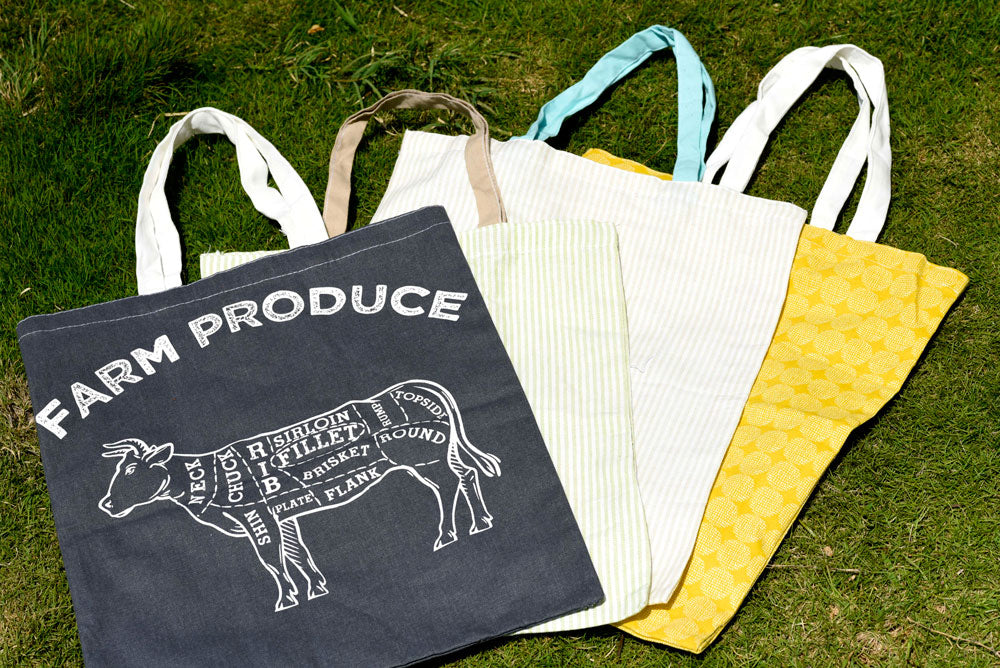
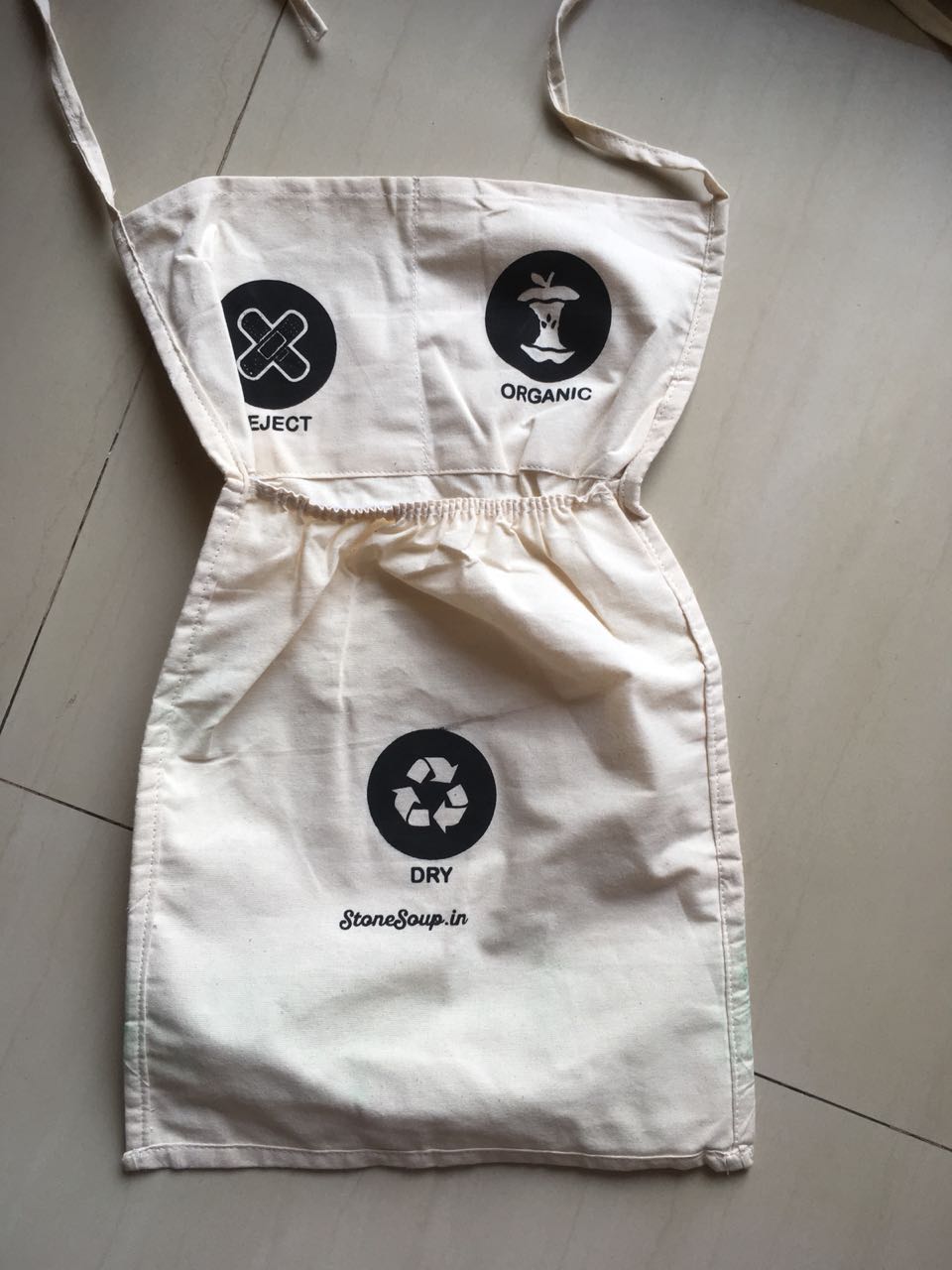
As an allopathic Gynaecologist MS Ob-Gyn with 32 years of practice, I tell everyone that Menstrual cups are number one product for married women, (number 2 being cotton-cloth-washable-pads).
It is “RASH FREE, TRASH FREE & CASH FREE”, and environment friendly.
There had never been such load of non- decomposable diapers on our EARTH, and we are adding to it EVERYDAY. So Ho Green with Hassel-free Menstrual cups.